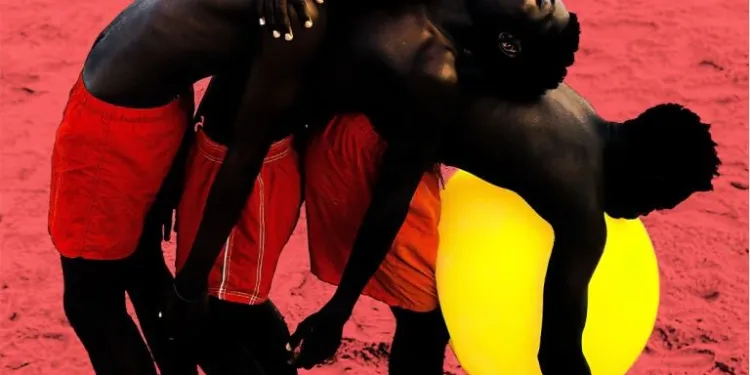The Broadband Commission for Sustainable Development, a public/private partnership established by the International Telecommunication Union (ITU), and United Nations Educational, Scientific and Cultural Organization (UNESCO), has ratified the first multi-stakeholder study aimed at creating practical tools and actions that could enable nearly 3 billion more people to access and use the internet through a smartphone by 2030.
To change this, Vodafone is working hard with governments and partners in its operating markets to improve coverage and access to devices.
· increased use by telecom operators of flexible device financing models;
· reduced taxes and import duties; and
· improved distribution models to make smartphones more accessible to rural communities.
Alongside these measures, the report recommends further investigation into the use of device subsidies and the re-use of pre-owned smartphones.
The Broadband Commission will create task forces to complete a five-point action plan based on its findings:
(i) initiate win-win partnerships with players across the digital value chain;
(ii) improve recycling regulations and develop quality standards for pre-owned smartphones;
(iii) develop strategies for recycling mid- and low-tier devices;
(iv) explore the use of Universal Service Funds and other government subsidies; and
(v) further explore the economic benefits of reducing tax and import duties on smartphones.
To increase awareness of the problem, Vodafone has teamed up with digital artists in Africa to create emotive, visual stories that celebrate the transformative power of digital and highlight the digital divide.
One such artist is Ghana’s Derrick Ofosu Boateng, a photographer and hue-ism artist.
Still shooting and editing on a smartphone today, he has gained a large social media following and has worked with the likes of Google, Louis Vuitton and American Rapper, Common.
Talking about how smartphones have affected his community, Derrick said, “you don’t need to stress communicating something from here to someone in Europe or something.” Adding, “they have also made our lives more simple. It has made information quite simple. Everywhere you can just take your phone, Google, use the Internet and just know what’s happening in other parts of the world.”














